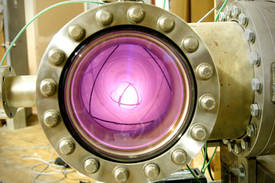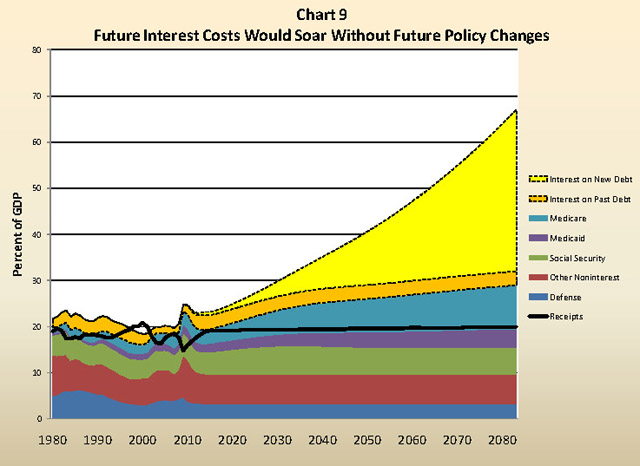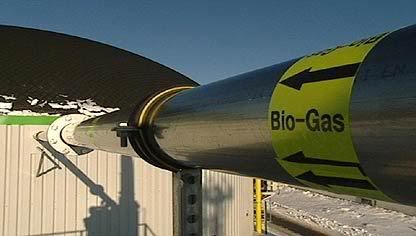Put simply, the capacity for something to go very, very wrong as a result of technical mismanagement (or otherwise).
Now, there are surely a great number of things that could also fit the bill, but I highlight these for a reason: In the wake of the BP spill, there are numerous calls for ramping up clean energy -- and for many, that means nuclear. You're likely going to hear a lot of appeals for expanding nuclear power as a reaction to the BP spill, as a cleaner power source that doesn't have to be perilously extracted from miles under the sea.
Mark Gimein of the Big Money highlights the dilemma posed in a piece called
Accidents Will Happen. And he's right -- they will. They do all the time. Here's an excerpt:
you would think that a giant oil-related accident would be another point against fossil fuels and for nuclear, and in some ways it is. In one very important way, however, it is not. The most visceral concern about nuclear power comes down to, "What if something goes wrong?" Deepwater Horizon is a compelling reminder that things go wrong, in unexpected ways, at unexpected times, to catastrophic effect.
As we have seen with the BP spill, governmental regulations aren't always capable of preventing worst-case scenarios from unfolding. Private industry, given the opportunity, will sometimes cut corners to save income. And as we've seen in the past, when improperly managed (Chernobyl) accidents can of course be devastating.
With these facts in mind, it's worth noting that other lesson to be learned from the BP spill: That accidents will happen.
I'm not arguing that we should discount nuclear power altogether on such grounds (neither is Gimein) -- just that we should be looking at the whole picture, not picking and choosing morals from the BP spill debacle. Read more from a
hugger






 Suppes has built his first test magrid out of Teflon and copper, though he hasn't run it yet. He's started designing a 3D printable magrid with space for superconducting magnets, which potentially could take less energy to run and get the reaction closer to self-sustaining. He's using a high temperature superconducting magnetic tape, but even high temperature means liquid nitrogen cooled, instead of liquid helium. It has to sit next to plasma. "It's the McDonalds problem. How do you keep the hot side hot and the cool side cool?" says Suppes "It's going to have to be a multilevel cooling system... Multiple layers of vacuum mirrored insulation."
Suppes has built his first test magrid out of Teflon and copper, though he hasn't run it yet. He's started designing a 3D printable magrid with space for superconducting magnets, which potentially could take less energy to run and get the reaction closer to self-sustaining. He's using a high temperature superconducting magnetic tape, but even high temperature means liquid nitrogen cooled, instead of liquid helium. It has to sit next to plasma. "It's the McDonalds problem. How do you keep the hot side hot and the cool side cool?" says Suppes "It's going to have to be a multilevel cooling system... Multiple layers of vacuum mirrored insulation." 























